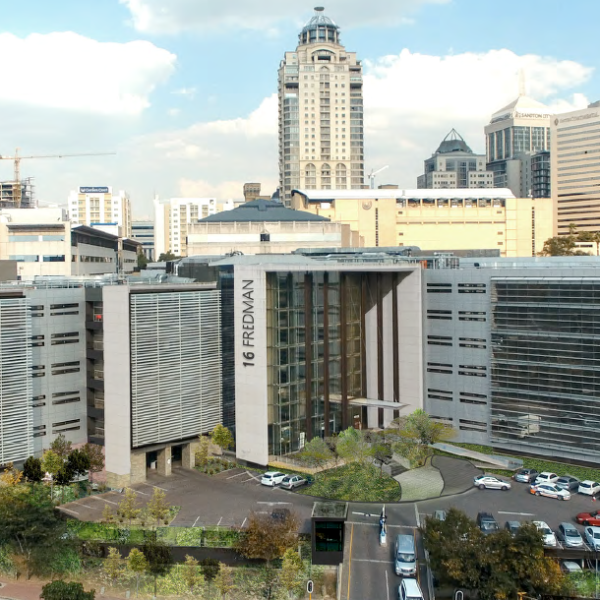Office Space Disruptor WeWork Heads To South Africa
Commercial Property
When it comes to premium-end, flexible office space, we’re definitely in the golden age. As organisations change the way they view staff, productivity and business, there’s an increasing trend towards office space that’s as flexible as possible.
In terms of the physical space itself, this equates to things like reducing fixed-term office commitments and layout configurations, providing generous shared spaces for collaboration, hot desking, and access to use fully-kitted meeting and boardrooms. But this trend towards flexibility doesn’t just end there – it’s also showing in the way tenants view their commitment to office leases. In short: they don’t want to be tied down into traditional 3-5 year leases.
Enter companies like WeWork, the US flexible office space start-up that was recently valued at $47 billion. Just like Uber in the transport sector and Airbnb in the travel sector, WeWork is a disruptor in the commercial office space industry, working via an entirely non-traditional business model where they don’t own any buildings. Instead, they take on JVs with landlords, and then run the space on their behalf.
Essentially, WeWork is a global membership offering very flexible lease terms (you can rent month-to-month if you prefer), and the ability to add or take away desks as required. There are also a host of “trendy” perks – including things like free breakfasts, fitness classes, talks and mentorship programmes. Their focus is community, so they aim to foster an environment of collaboration between businesses within their space.
With presences established in many other countries around the globe, WeWork has now set its sights on South Africa, with the first space due to open in the Rosebank CBD on 1 August. The P-grade premises on Oxford Road will be leased from listed REIT, Redefine Properties, to become WeWork’s flagship location in the country. “Johannesburg is home to a huge number of innovative and established businesses as well as entrepreneurs and start-up’s, and we’re looking forward to learning from those who join our community of 400,000 members across 400 locations around the world,” says Eugen Miropolski, WeWork International’s Managing Director.
In terms of its competitors, WeWork definitely presents a threat to SA’s current office leasing market, who in contrast to most landlords and property managers, are wholly focused on the customer experience. So, unlike conventional office tenants, WeWork members never have to worry about any unbudgeted costs for things like utilities, Wi-Fi, security, cleaning, coffee, tea, health juices, printing, reception services and mail handling. With the free use of attractive communal spaces that include phonebooths, wellness rooms and outside patio areas, it’s fair to say that no stone has been left unturned when it comes to occupant expectations.
WeWork’s significant global footprint gives them a major competitive edge to local suited office operators. With a WeWork membership card in hand, you could book a meeting in London or New York tomorrow at any of their offices – which makes doing business internationally completely accessible, and cheaper than ever.
Another possible disadvantage for WeWork’s competitors is that they’re unlikely to be able to compete on price. Most serviced office companies in South Africa have traditional leases with landlords, which means their prices are already set and will be hard to bring down to compete with WeWork’s, whose well-known business strategy is to be a loss leader in order to gain geographical footprint.
Whatever happens, WeWork’s arrival is set to shake things up in the serviced and traditional office sectors.
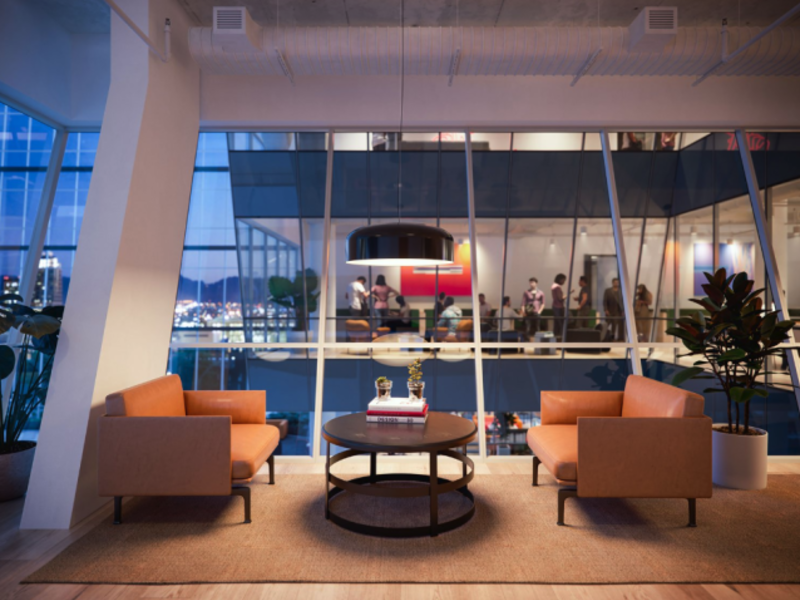
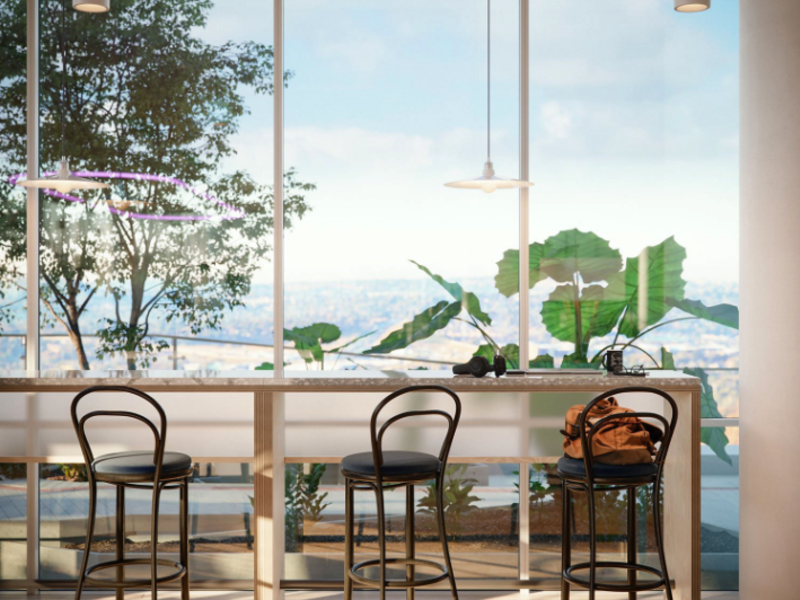
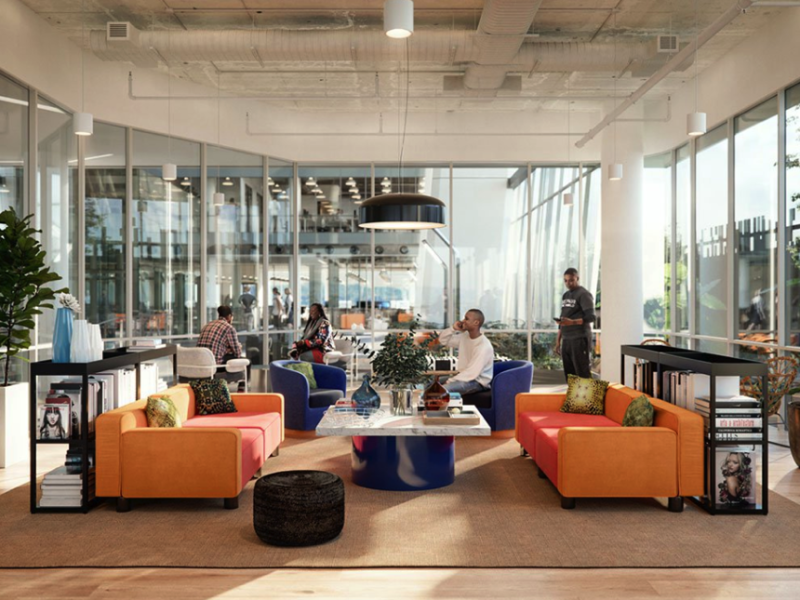
Related blog posts (4)

Covid-19: Can you get rent relief on your commercial property?
Commercial Property
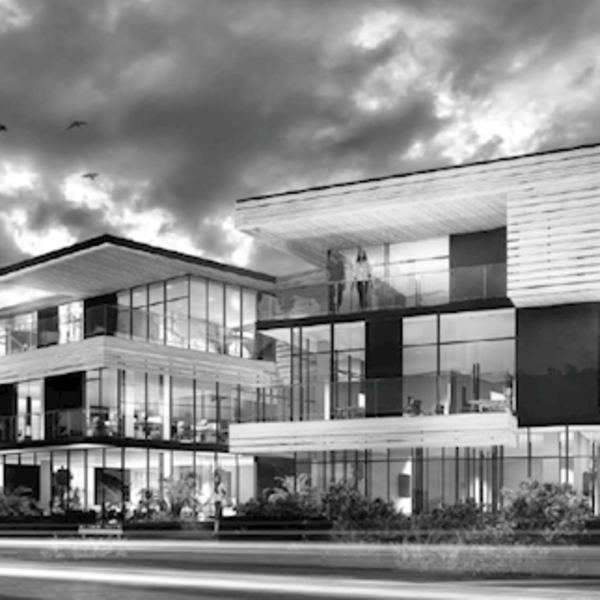
Benefits to Leasing Commercial Property
Property Insights
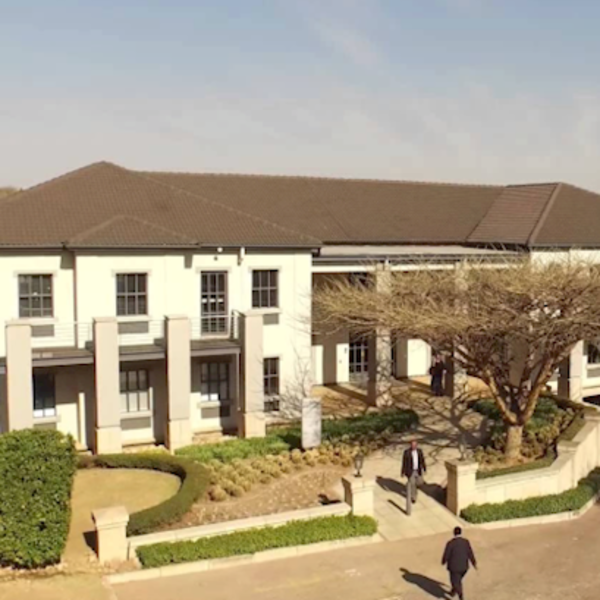
Finding commercial space for your business
Property Insights
